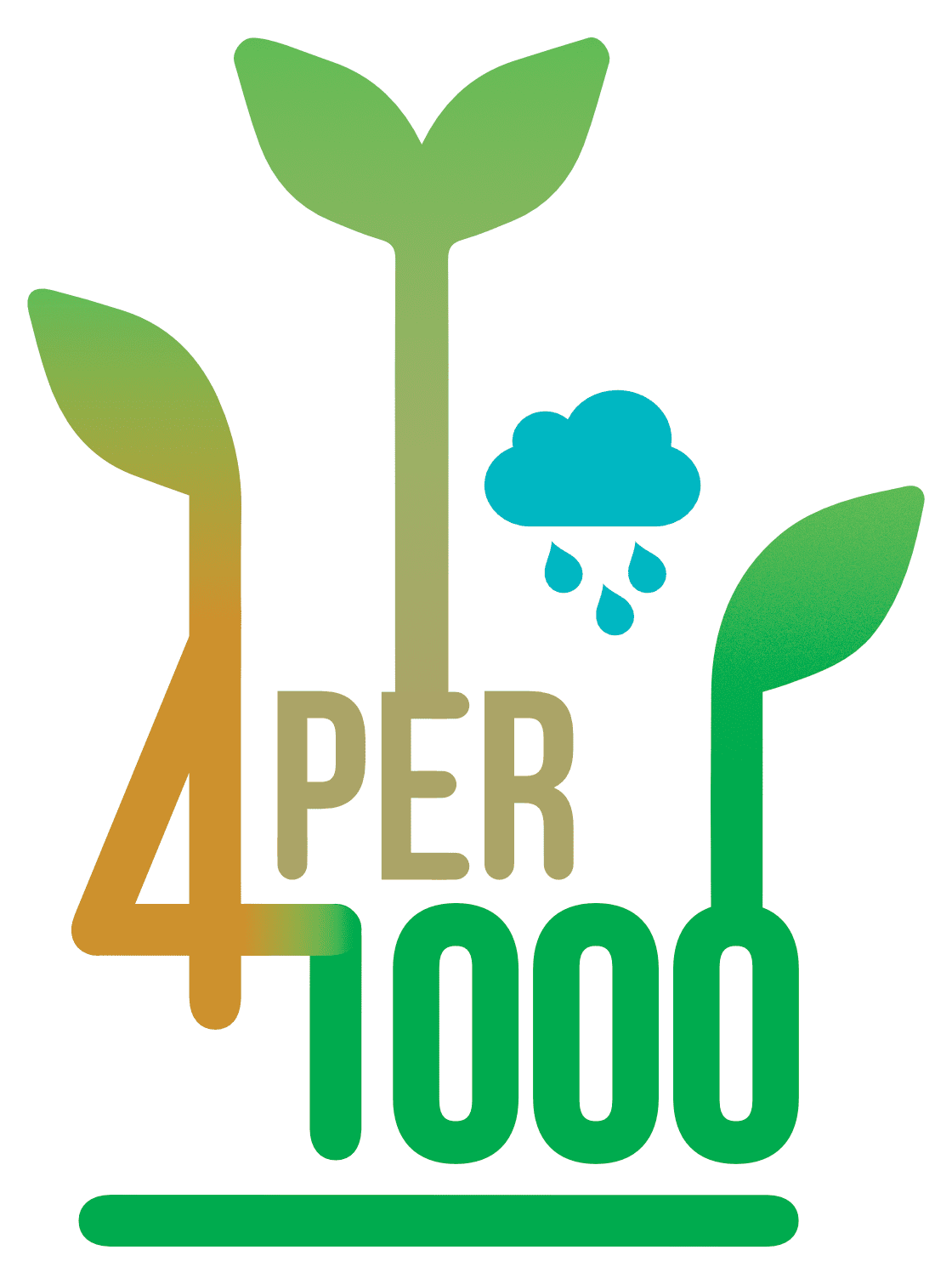Science's contribution to the Initiative
The international “4 per 1000” Initiative is multi-partner and built around 2 main components:
- A programme of multi-stakeholder actions, both state and non-state, for better soil carbon management in order to fight against food insecurity and thus against poverty, while contributing to climate change adaptation and mitigation
- And an international research and scientific cooperation programme addressing four complementary scientific issues:
- study of the mechanisms and estimation of the potential for carbon storage in soils according to regions and agro-climatic systems
- the evaluation of the performance of virtuous agricultural practices and their consequences on sequestration and on other production and regulation services
- supporting innovations and stimulating them through appropriate policies
- monitoring, reporting and verification(MRV) of results, in particular for farmers and investors.
Researchers, particularly at iInternational level, can develop the four components described above in a coordinated manner:
- knowledge of soil carbon stocks and storage potential
- impacts of agricultural and forestry practiceson soil carbon storage
- methods for monitoring carbon sequestration in soils
- dissemination of good practices.
Researchers are also committed to:
- Support an International Soil Initiative with a triple "win-win-win" objective
- Propose some modes of production that emphasise the potential of plants as a mechanism for capturing and storing atmospheric carbon
- Combat land degradation while having a positive impact on food security
- Recognize that soils are vital for life on Earth and that living soils preserve biodiversity.
- Inspire and learn from traditional farming practices that give prominence to trees at the heart of agricultural production, as in agroforestry systems
- Meet the scientific challenge of a better knowledge of carbon storage in soils, storage with multiple beneficial effects, in order to better control the factors favourable to this storage and the balance between the nutrients
- Use scientific knowledge to develop new production systems that draw on nature and traditional practices to increase soil carbon storage
- Address the challenge of developing methods for measuring and assessing the quantity of carbon stored in soils at a lower cost
- Mobilise stakeholders to take action to preserve soils for food security and climate
- Choose to transmit and promote knowledge and practices in favour of agroecology.
Testimonials from researchers
Jean-François SOUSSANA (FRANCE)
Vice-President in charge of the international policy of INRAE, member of the Scientific and Technical Committee of the international “4 per 1000” Initiative, coordinator of the CIRCASA Project.
Claire CHENU (FRANCE)
Professor of soil sciences at AgroParisTech (biology, agronomy, food and environmental sciences), researcher at INRAE, member of the Scientific and Technical Committee of the international “4 per 1000” Initiative, coordinator of EJP Soil.
Cornelia RUMPEL (GERMANY)
Researcher at the Centre National de Recherche Scientifique (CNRS) – Institute of Ecology and Environmental Sciences in Paris, President of the Scientific and Technical Committee of the international “4 per 1000” Initiative.
Rattan LAL (USA)
Professor Emeritus of Soil Science, Director of the Center for Carbon Management and Storage, Ohio State University (USA), President of the International Union of Soil Science (2017-2018), Co-recipient of the 2007 IPCC Nobel Peace Prize, 2019 Japan Prize Foundation Laureate, and 2020 World Food Prize Laureate.
